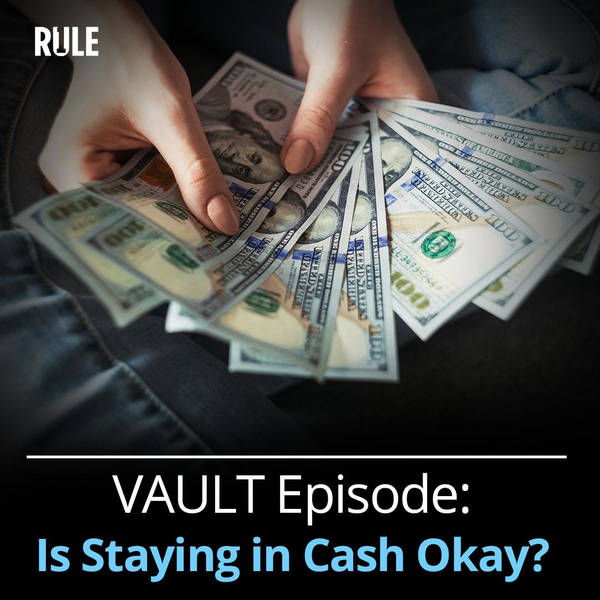
297- Quick Question: Is Cash Okay?
When a company makes the decision to go public, shares of that company become available for purchase, allowing anyone to buy a stake in the company.
Each share is a stock, and investors are able to buy and sell shares in any public company at any time. Of course, as with any form of business, the goal is to buy a company’s stock when it’s “on sale” or undervalued relative to its actual value, and to sell that stock when it’s fully valued in order to make a profit.
A simplified look at a successful investment is one where an investor buys a company for a certain amount of dollars, holds on to the company for an extended period of time until its value has grown to the point that they feel comfortable selling it, and then sells it above what they purchased it for.
Buying great companies when they are on sale is what Rule #1 investing is all about, but it’s fine to wait to buy until you are sure you are getting both a wonderful business and a great price.
Think of it this way: you would never buy 100% of a company without thorough due diligence, and, likewise, you shouldn’t buy a small percentage of a company without the same.
When the experts—such as Warren Buffett or Charlie Munger—are publicly stating that they are sitting in cash, this is an indicator that they are waiting for a dip in the market, or an event to trigger their next large purchase.
On this vault episode of InvestED, Phil and Danielle answer a listener’s question regarding sitting on cash and managing your investments.
Learn how to invest and make decisions with confidence with the Rule #1 Cheat Sheet for Smarter Investing. Click here to download: http://bit.ly/2KthciL
Learn more about your ad choices. Visit megaphone.fm/adchoices
